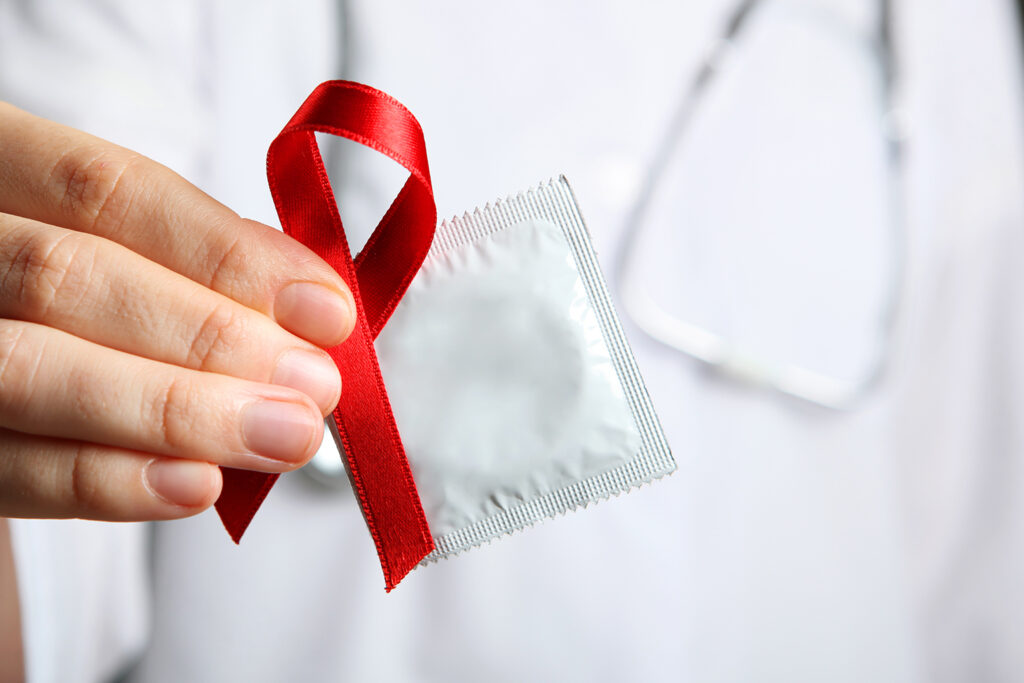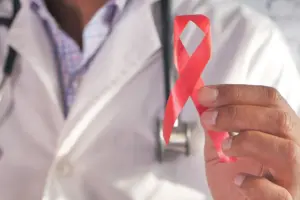
HIV symptoms: Hearing “HIV” can feel scary. The truth: with clear information, you can understand it, get care, and support others better. HIV (human immunodeficiency virus) affects the body’s immune system. This guide explains the signs and symptoms so you know when to get help.
What is HIV?
HIV is a virus that attacks the immune system, especially white blood cells. These cells help your body fight against infections, but when HIV destroys too many of them, your body finds it challenging to protect itself. If untreated, HIV can lead to AIDS, the last and worst stage.
Also Read | Why many men don’t know they have an STD until it’s too late
What are the symptoms and stages of HIV?
One tricky thing about HIV is that you may feel totally fine at first. Many people don’t notice symptoms for years. HIV progresses in three stages, and signs can look different at each step.
Stage 1: Acute HIV infection.
About 2–4 weeks after infection, the body starts reacting. You might get a fever, sore throat, headache, muscle/joint aches, tiredness, and mouth ulcers. It can feel just like the flu, so many people don’t suspect HIV. These symptoms usually last a few days to a couple of weeks, then fade, but the virus remains and keeps multiplying.
Stage 2: Chronic HIV infection.
After early symptoms fade, HIV often enters the asymptomatic stage that can last for years. You may feel totally fine, but the virus keeps working, slowly weakening the immune system. It remains transmissible during this phase. Routine testing is essential to detect and treat early.
Stage 3: AIDS.
Without treatment, HIV gradually weakens the immune system. Over time, the body can’t fight infections and some cancers; this advanced stage is called AIDS. Even common illnesses, like colds and diarrhoea, can become dangerous. Warning signs can include severe weight loss, frequent fevers, persistent diarrhoea, skin rashes, cough/shortness of breath, mouth or genital sores, recurrent infections, and memory or thinking problems.
Also Read | Can sex cause UTIs? What you need to know and how to avoid them
With early testing and daily treatment using the combination antiretroviral therapy (ART), most people never progress to AIDS and can live long, healthy lives. If you believe you may have been exposed to the virus or are uncertain about your HIV status, it is important to get tested and connect with healthcare services.








